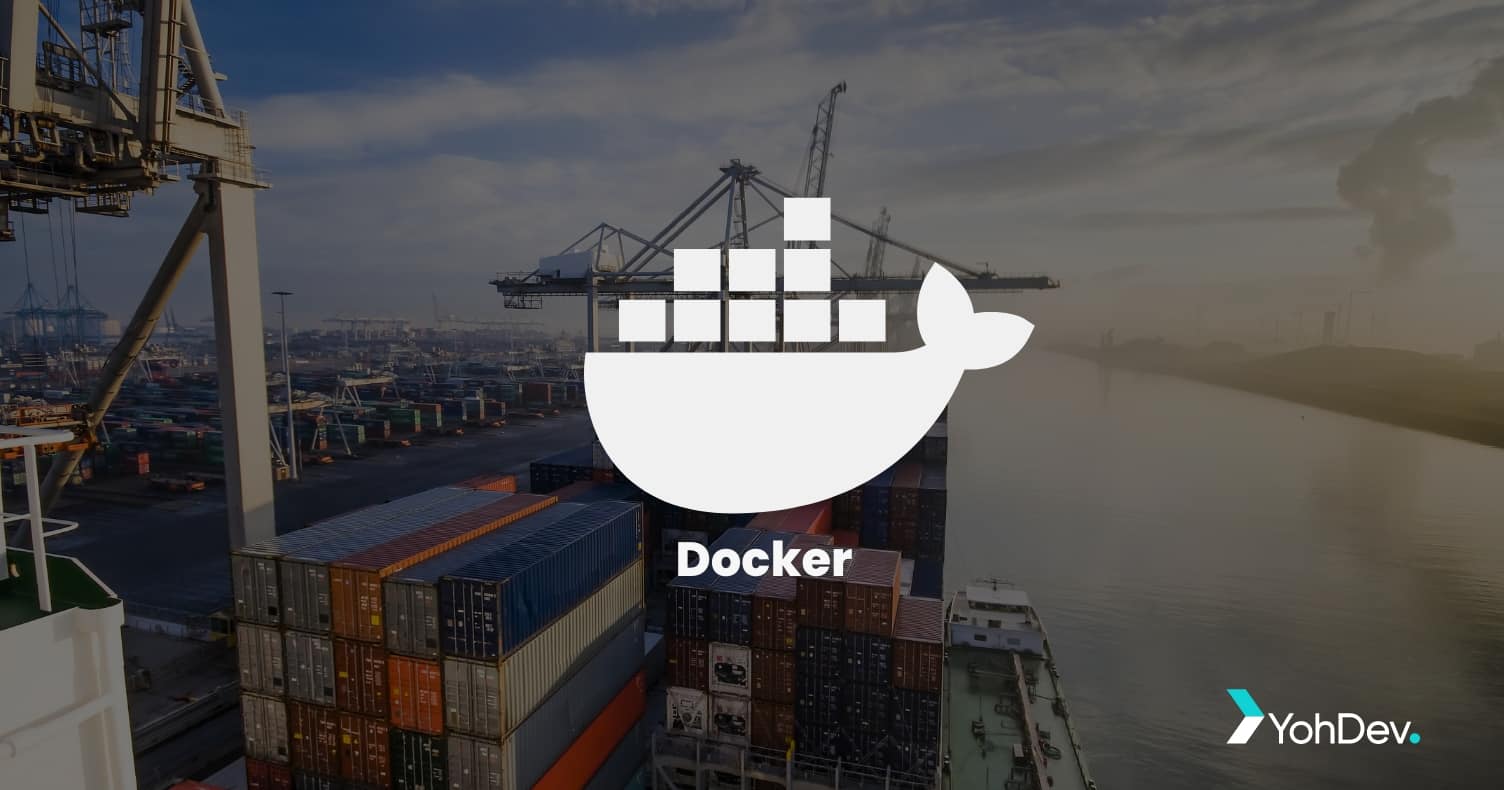Docker

Docker is a containerization platform that allows developers to package applications and their dependencies into lightweight, isolated containers that can be easily deployed and run on any platform. In this article, we will explore what it is, how it works, and some of the benefits and use in software development and deployment.
What is Docker?
What is Docker? Docker is a tool that uses containerization technology to make it easier to create, deploy, and run applications. A container is a lightweight, standalone, and executable package that contains everything an application needs to run, including code, libraries, system tools, and runtime. Containers allow developers to package their applications and dependencies into a single package, making it easy to distribute and run the application on any platform that supports Docker.
How Does Docker Work?
Docker works by using the host operating system’s kernel to run containers. It does this by using a technology called namespaces, which allows it to isolate the processes running in a container from the host system and other containers. Each container runs in its own namespace and has its own file system, network stack, and process tree, making it completely isolated from the host and other containers.
It also uses another technology called containerd to manage the lifecycle of containers. Containerd is a daemon that handles the creation, destruction, and management of containers. It is responsible for pulling container images from a registry, unpacking them, and running them as containers.
Benefits
There are several benefits to using Docker in software development and deployment. Some of the main benefits include:
- Ease of use: Docker makes it easy to package and distribute applications, as all the necessary dependencies are included in the container image. This makes it easier to run the application on any platform that supports it.
- Isolation: Containers are isolated from each other and the host system, making it easier to run multiple applications on the same host without interference.
- Portability: Containers are portable and can be easily moved between different environments, such as development, staging, and production.
- Scalability: Docker makes it easy to scale applications by running multiple instances of a container in a cluster.
- Efficiency: Containers use fewer resources than traditional virtual machines, making them more efficient and cost-effective to run.
Use Cases
It is widely used in a variety of scenarios, including:
- Continuous integration and delivery: Docker can be used to automate the build, test, and deployment process of applications, making it easier to continuously deliver new features and updates.
- Microservices: Docker is often used to deploy microservices, which are small, independent, and modular components that can be easily developed, deployed, and maintained.
- Cloud computing: Docker can be used to deploy applications in cloud environments, making it easier to scale and manage the application across multiple hosts.
- DevOps: Docker can be used to automate the deployment and management of applications, making it easier for developers and operations teams to work together and streamline the development and deployment process.
Conclusion
Docker is a powerful tool that makes it easier to package, distribute, and run applications in a variety of environments. Its isolation, portability, and scalability make it an attractive choice for developers and operations teams looking to streamline the development and deployment process. Whether you are working on a small application or a large distributed system, Docker can help you efficiently and effectively deliver your applications to users.

